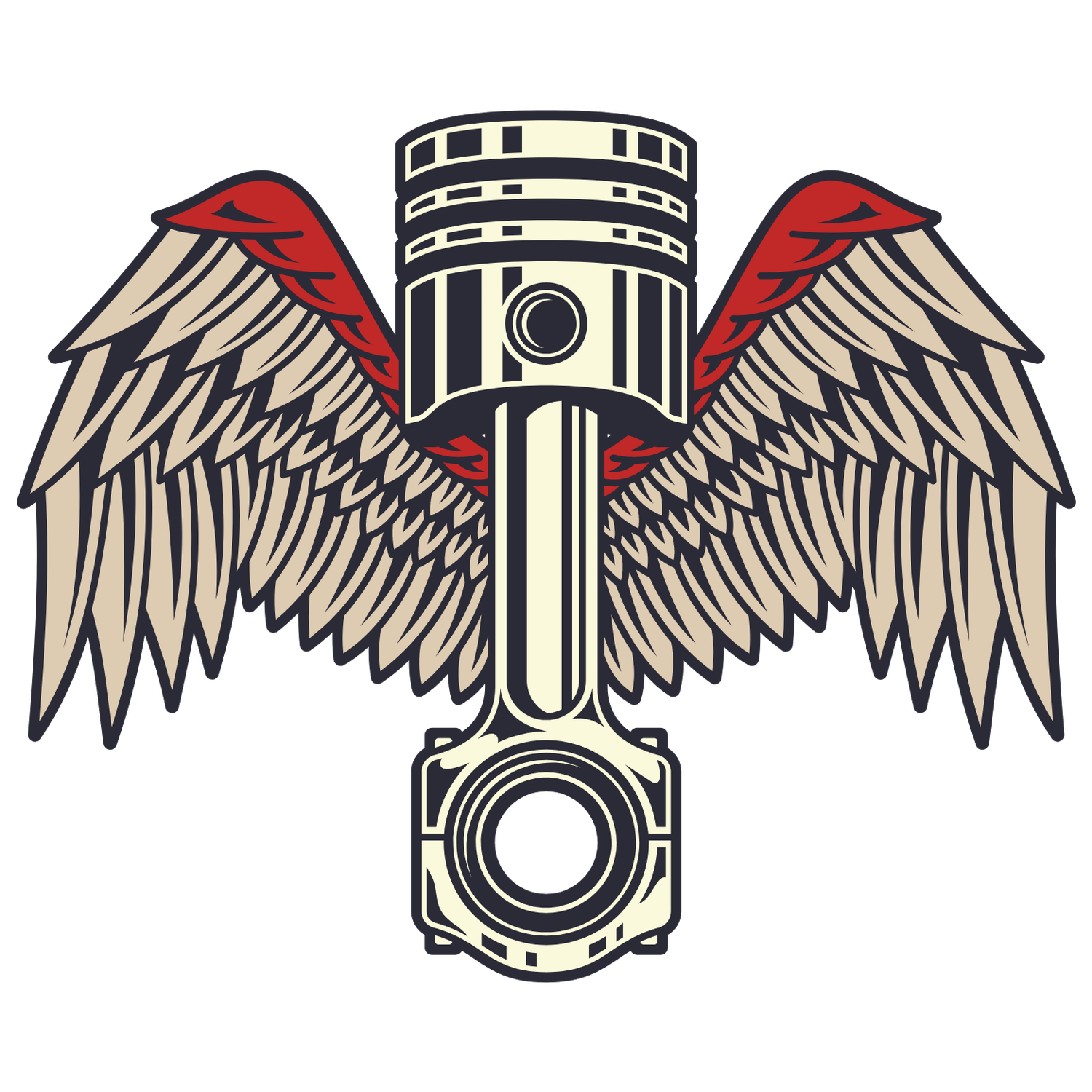8 Common Challenges with Engine Bearings and How to Overcome Them
Engine bearings play a crucial role in the smooth operation of your vehicle. However, they can encounter various challenges that may affect performance and longevity. In this article, we'll explore some of the most common issues related to engine bearings and provide practical solutions to help you overcome these challenges. Whether you're a seasoned mechanic or a car enthusiast, this guide will help you better understand bearings and how to keep them in top shape.
1. Insufficient Lubrication Issues
Lack of proper lubrication can lead to catastrophic failure of your engine bearings. Understanding how to maintain the right oil levels and types is essential. Over time, oil can break down or degrade, losing its effectiveness in providing the necessary lubrication. This can be exacerbated by driving conditions and engine load, making it crucial to check oil levels regularly and change it according to the manufacturer’s specifications.
To combat insufficient lubrication, consider investing in high-quality engine oil and filters. Remember, not all oils are created equal—synthetic options can offer greater protection under extreme conditions. Moreover, it's important to be attentive to unusual sounds from your engine that might indicate low lubrication. Catching these issues early can save you from costly repairs down the line.
2. Wear and Tear Over Time
All mechanical parts face wear, but knowing the signs and how to address wear can help you prevent unexpected failures and costly repairs. Engine bearings are particularly susceptible to wear due to their critical role in supporting moving parts. Regular inspection for clearance and material degradation is necessary to ensure they remain usable. Pay close attention to irregular noises or vibrations that could signify excessive wear.
To delay wear and tear, regular oil changes, and timely engine diagnostics are your best friends. Keeping your engine clean and well-lubricated will significantly extend the life of the bearings. Additionally, if you notice any reduction in performance, it might be worth taking a closer look at the bearings before they reach a critical failure point.
Understanding the materials used in your bearings can also guide your maintenance strategy. Different types, like bi-metal or tri-metal bearings, respond differently to conditions and stresses. You're not just prolonging their life; you're enhancing the overall health of your engine by being proactive.
3. Contamination from Dirt and Debris
Dirt and contaminants can accumulate and negatively impact performance. Learning how to keep your engine clean is key to protecting your bearings. Even microscopic particles can wreak havoc, causing increased friction and wear. Implementing an effective filtration system is essential in preventing such particles from entering the engine.
Routine inspections should include checking air and oil filters to ensure they are free from blockages and are functioning properly. Additionally, consider cleaning the engine bay and surrounding areas regularly to prevent debris from making its way into sensitive components. A clean engine is a happy engine; this simple act can significantly extend the life of your bearings.
4. Misalignment During Installation
Correct installation of bearings is crucial. Misalignment can cause uneven wear and damage, so understanding the proper installation process is vital. When installing new bearings, always refer to the manufacturer’s guidelines, ensuring that everything is aligned correctly. Even a slight misalignment can result in significant stress on the bearings, leading to premature failure.
Utilizing the proper tools and techniques can make all the difference in achieving alignment. Consider investing in a dial indicator to measure run-out and ensure your bearings are seated correctly. Remember, a little patience during installation goes a long way in ensuring long-term reliability for your engine.
5. Overheating and Its Impacts
Overheating can lead to serious issues for engine bearings. Identifying causes of overheating and knowing how to manage engine temperatures can safeguard your bearings. High temperatures can cause the oil to break down more quickly, reducing its effectiveness and leading to increased wear on bearings.
To mitigate overheating, ensure that your cooling system is functioning properly. Regularly check coolant levels and inspect hoses and radiators for any leaks or blockages. Additionally, monitoring your engine temperature gauge can provide crucial early warnings of potential overheating issues.
6. Exceeding Load Capacity
Engine bearings have specific load limits. Exceeding these limits can lead to premature failure, so it’s essential to understand your vehicle's capabilities. Payload and towing considerations are critical for maintaining bearing integrity. Always refer to the manufacturer's guidelines regarding weight limits for your vehicle or engine.
If you frequently find yourself pushing these limits, consider consulting a professional mechanic. Upgrading to more robust bearings suited for higher loads might be a worthy investment for serious users. How much you care for your engine and its components can impact its performance and longevity.
7. Incorrect Bearing Selection
Choosing the wrong type of bearing can cause various issues. Knowing the specifications and applications of bearings is crucial for optimal performance. Each engine type has its own requirements, and failure to match the bearing correctly can lead to premature wear or catastrophic failure.
When selecting bearings, pay attention to factors such as size, material, and load capacity. Compatibility is key, and consulting with a knowledgeable supplier can help avoid these pitfalls. By making informed choices, you can ensure that your bearings will perform efficiently and last longer.
8. Poor Maintenance Practices
Regular maintenance is key to preventing problems with engine bearings. Tips on how to incorporate effective maintenance schedules can enhance your engine's longevity. Keeping track of service intervals for oil changes, filter replacements, and general inspections can help catch potential issues before they become major headaches.
Additionally, consider maintaining a log of maintenance activities. This not only helps you stay organized but also provides valuable insight into when components may need to be replaced. A little diligence in maintenance can lead to significant savings over time.

